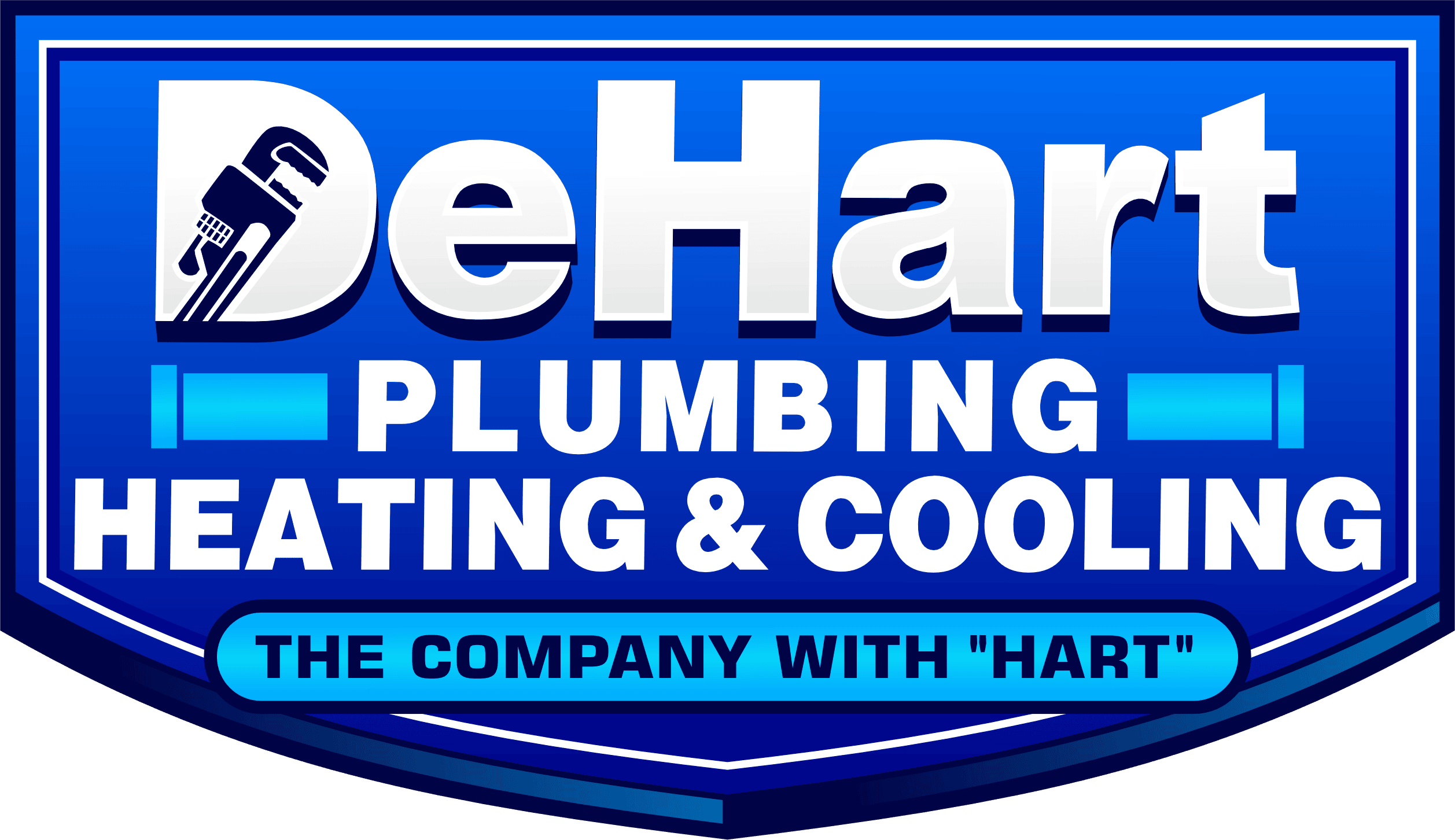 What is hard water? Hard water is water that contains high deposits of primarily calcium and magnesium that gets dissolved into the water as it moves through soil and rocks. Eighty-five percent of homes in the United States have hard water. It is even more prevalent in Texas, New Mexico, Arizona, and Kansas due to a high presence of limestone.
What is hard water? Hard water is water that contains high deposits of primarily calcium and magnesium that gets dissolved into the water as it moves through soil and rocks. Eighty-five percent of homes in the United States have hard water. It is even more prevalent in Texas, New Mexico, Arizona, and Kansas due to a high presence of limestone.
Hard water can cause many issues around your home. With hard water, soaps and detergents won’t lather well and you end up using more because the hard water lowers the surfactant properties (compounds that lower the surface tension between two liquids) and instead of dissolving, it combines with the minerals in hard water and forms a soap curd or soap scum. Laundry is left feeling stiff and rough because of the soap curds lodging into the fabric, whites will prematurely turn yellow or gray and brights will lose vibrancy all because the detergent can’t fully dissolve to remove soil and bacteria. Hard water will also shorten the lifespan of your laundry. Skin may feel dry and further worsen eczema symptoms and hair may be left looking dull and feeling sticky. White spots will be left on dishes (and even your vehicle) due to the calcium left behind after the water has evaporated, and appliances such as your washer, water dispensing refrigerator, water heater, and dishwasher will wear out 30% faster. If you see your shower heads getting clogged, imagine what hard water is doing to your water lines!
The solution to all of these issues is to install a water softener in your home. A water softener works by a process called ion exchange. Essentially, it’s trading one mineral for another. In the case of a water softener, it’s trading calcium and magnesium for sodium. Hard water isn’t all bad for you though, it’s actually considered a dietary supplement because of the mineral content when ingested! With that being said, softeners can just be installed to filter only the water supply that goes into your water heater or even just to water lines you choose to have softened water in your home. If you’re on a sodium-restricted diet, softened water may not be a good option to have flow through your kitchen sink or fridge line due to the sodium left behind through the ion exchange process. Softened water is also not great for plants, so your outdoor spigots will not be filtered through your water softener.
If you’re interested in adding a water softener to your home, give us a call today at 785-341-4193 to set up an appointment!
De Hart Plumbing Heating and Cooling, serving Manhattan Kansas, Junction City Kansas, Wamego Kansas, Topeka Kansas, and some surrounding areas.
